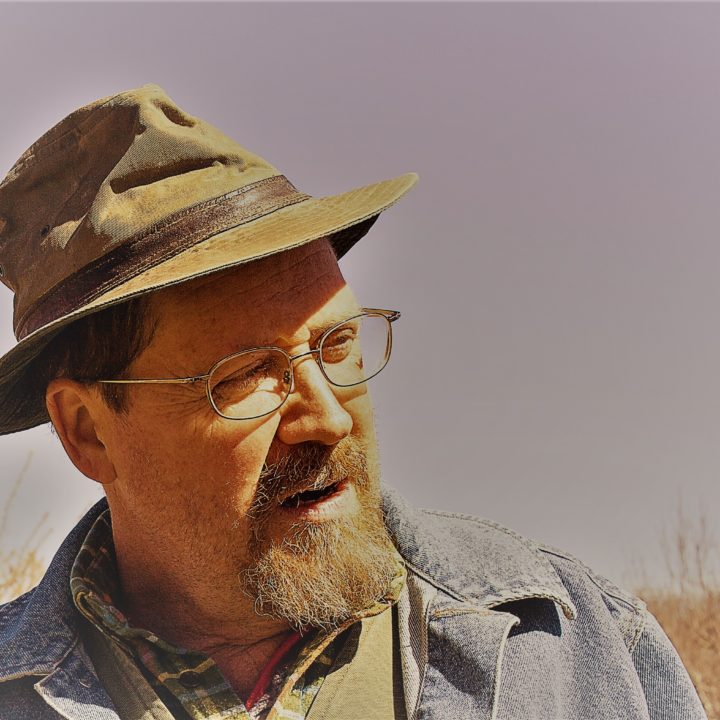Trying to be a good farmer? Let’s start with the old chestnut, “When life gives you lemons, make lemonade.” Sound enough advice on the surface, particularly for a small farm like ours with a focus on self-sufficiency. Freezers full of pork, we have been busy curing hams and bacon, making sausage, and rendering lard. All enjoyable efforts, they provide added value, of sorts, to the routine of farm life. Yet, we are part of the larger economy, where income is still essential. We’d prefer that our customers engage in the same preservation activities, reap the same rewards at the groaning table, but we’d also prefer our own freezers to be closer to empty and our farm account closer to full.
Which brings me to this thought: Just when does the man drown? When his lungs fill with water as he sinks to the bottom? Or is the die cast further back in time — as he first stepped into the boat, bought a boat, played with a plastic boat in the bathtub as a child? One might as well ask when a Republic fails. Is it when the caesar takes over, when the wealthy first use their clout to block access to office, to markets, to land? These are rat holes into which one could pound sand all day and still have room.
In two decades on the farm, I’ve learned that it is of benefit to accept the gray over the black and the white. The latter is certainly more comforting — simply point to one aspect of life, society, or politics and say, “That was the turning point: I became middle-aged; that was the golden age; if that bastard hadn’t gained office, then….” But the realities are infinitely more bewildering and messy.
I like to think that we are symbolically engaged in either a communal effort to, as the old left described it, build a new society in the shell of an old, or playing an important role in pruning an old orchard to keep it in production. But those may just be more platitudes I hum under my breath to stay awake.
To be clear, we are not drowning, because we never swam. Our farm has always generated just enough to pay our way, cover our bills. But it has never been an economic success story. We are waders in the shallows.
The small farm that grows and provides quality products needs more than simply market access. It also needs a base of buyers who truly value its existence. Who see the small farmer as more than just a commodity choice or an archetype (Let’s buy from the hip chick, support the old man in overalls, go multicultural this week). Who instead see the small farmer as an essential part of the community. But that is wacky-talk. It presupposes that any of us are rooted in a community at this stage. In our modern world (even if we can possess the truth as we imagine it), when we shout from the rooftop, our message becomes just so much noise among the other shouts, irrelevant and unheard in the cacophony. Ignored in a price-is-right babble.
So, here is my final question: What is good agriculture? It surely isn’t just the farmer or the farm; it isn’t just access to markets. It most certainly is not providing for a society that binges on empty calories, is not driving an hour and half to sit at a farmer’s market for six hours and sell $25 of peppers to the bourgeoisie. You don’t get there from here by placing a pin on a starting place or on an ending, by pitting urban against rural, community against individual, or by offering access to the digital universe while ignoring the true majesty that surrounds us.
It is not just land use or a freezer full of pork. It isn’t a one-word answer in black or white. If I climb up on the barn roof in the gray fog on a cool fall morning and shout the question, all I get are echoes off the nearby ridge in reply. In this fog it is hard to hear, but I think it’s saying, “It is not three hams curing under the stairs when you only need one.”
……………………………………………………………
Reading this weekend: One for the Books (Queenan)






